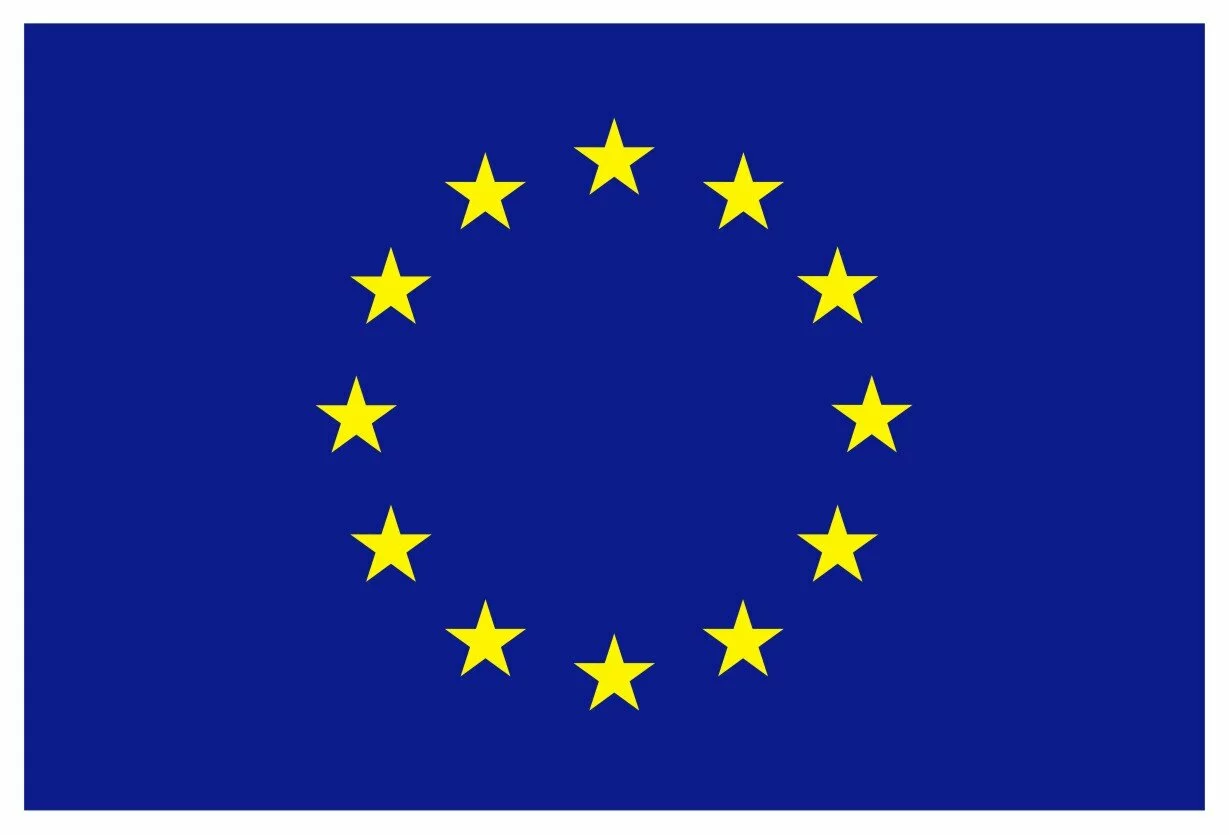MOTOR LEARNING FOR MUSIC PERFORMANCE
INTERNATIONAL WORKSHOP
Workshop in the framework of the 19th International Conference on New Interfaces for Musical Expressions (NIME 2017)
Copenhagen, Denmark. May 15th, 2017

The 1st International Workshop on Motor Learning for Music Performance (MOTION2017) aims at investigating the links between music performance training and motor performance features, in order to design systems and interfaces to support learning of both traditional and novel music instruments. The quality of the motor performance is of great importance in music training, especially in learning how to play a music instrument. This indeed requires accurate movements of the limbs and of the body, fine-grained control of posture, and a high biomechanical efficiency. Moreover, a wrong training approach may cause mechanical problems developing into injuries and levels of excess tension that restrict freedom of movement. Last but not least, it is well-known that movement and gesture play a fundamental role as major conveyors of expressive content in music performance. Such issues are even more crucial for the new generation of digital interfaces for music expression, where the lack of a consolidated tradition in the pedagogical methodologies as those existing for traditional music instruments, can be remedied by developing effective automatic analysis and feedback systems supporting students and practitioners in their training activities.
The workshop represents a unique occasion for researchers and practitioners to meet and discuss motor performance in music instrument training under different perspectives, including e.g., musical, pedagogical, psychological, biomechanical, and computational aspects, with a multidisciplinary approach. The goal is to discuss current research, to identify research challenges, to show results, and to foster collaborations.
The workshop will be held in collaboration with another NIME 2017 workshop, the workshop on Skill Learning and Interactive Music Technology. We will share the morning session between the two workshops.
The workshop is partially supported by the EU-H2020-ICT Project TELMI.
The goal of TELMI is to design and implement novel multimodal interaction paradigms and technologies for learning to play a music instrument, having the violin as a case study.


© 2017 TELMI Project
TELMI has received funding from the European Union's Horizon 2020 Research and Innovation Programme under Grant Agreement No. 688269
